Frequently Asked Questions
Frequently Asked Questions
Top 5 Questions
We’ve amended our booking & cancellation policies for travel through October, 2024.
Payment due dates are as follows:
- Wildlife Season Reservations – 30 days prior to check-in
- High Season Reservations – 60 days prior to check-in
- Holiday Season Reservations – 90 days prior to check-in with 25% confirmation deposit 120 days prior to check-in
Once paid, reservations that are canceled or adjusted before 30 days will receive a credit with the hotel, valid for use within one year of the original date of stay, any adjustment or cancelations later than 30 days of the reservation will be fully penalized.
We’re located in the tropics and close to the equator. Costa Rica is considered a rainforest country and warm temperatures are characteristic throughout the year. There are two well-defined seasons:
Dry Season: December – April
Green Season: May – November
The rain, especially on the Pacific coast, typically occurs during the afternoon or evening and is “warm”. We experience a short mid-year mini Dry Season towards the end of July and beginning of August when rainfall decreases significantly for 3-4 weeks. The rainiest months are September and October, especially in the south Pacific region.
Note: The climate in San Jose is often very different to the coastal regions. A medium-weight fleece jacket is highly recommended for cooler nights in and around the capital.
TEMPERATURE & RAINFALL CHART
| JAN | FEB | MAR | APR | MAY | JUN | JUL | AUG | SEP | OCT | NOV | DEC | |
|---|---|---|---|---|---|---|---|---|---|---|---|---|
| Avg. Max. Temp. (F) | 91 | 92 | 92 | 91 | 90 | 89 | 89 | 89 | 90 | 89 | 89 | 90 |
| Avg. Min. Temp | 72 | 71 | 73 | 73 | 73 | 72 | 71 | 71 | 71 | 71 | 71 | 71 |
| Avg. Rainfall (inches) | 6,30 | 5,70 | 8,00 | 11,00 | 18,90 | 17,50 | 18,90 | 20,90 | 22,00 | 27,70 | 22,30 | 11,60 |
Below are some general visa guidelines, but please check with your airline or travel agent to confirm your legal requirements for entering Costa Rica. All visitors to Costa Rica need a passport valid for at least 6 months at the date of entry.
1. Visa not required for nationals of the USA, Argentina, Austria, Belgium, Brazil, Canada, Czech Republic, Finland, France, Germany, Greece, Hungary, Israel, Italy, Japan, Korea (Rep), Liechtenstein, Luxembourg, Monaco, Netherlands, Norway, Panama, Paraguay, Poland, Portugal, Puerto Rico, Romania, Spain, Sweden, Switzerland, Trinidad & Tobago, Uruguay, and the UK and its dependencies for stays of up to 90 days.
2. Visa not required for nationals of Antigua & Barbuda, Australia, Bahamas, Barbados, Belize, Bolivia, Bulgaria, Chile, Dominica, El Salvador, Estonia, Grenada, Guatemala, Guyana, Honduras, Iceland, Ireland, Jamaica, Kenya, Mexico, New Zealand, Philippines, Russia, St Kitts & Nevis, St Lucia, St Vincent & The Grenadines, San Marino, Singapore, Slovak Republic, South Africa, Suriname, Taiwan, Turkey, Vatican City and Venezuela for stays up to 30 days.
Getting here is easy. Pasha can be reached either by plane or by car from San Jose or Liberia. You can find more detailed information on travelling to the hotel on our dedicated Getting Here page.
Need a hand arranging domestic transportation? Just ask us!
Estate Related
Yes. Our Suites have full air conditioning and large ceiling fans too. Some of our guests however like to slide open their large glass terrace doors to let in the ocean breezes while they sleep.
Yes. There is complimentary Wi-Fi throughout the Estate.
Yes. We have our very own water treatment facility onsite.
Then, a 5-minute walk down the beach will bring you to the best beach in Santa Teresa to take up the surf.
Check-in is from 2pm.
Check-out is at 11am. If you would like to leave later in the day, please let us know at reception and if possible, we’ll be happy to accommodate you.
All your expenses can be charged to your account. When you check out, we accept US Dollars, Costa Rican Colones and all major credit cards.
When out and about, carrying some small US Dollar bills is recommended as well as some local currency. Most businesses and restaurants accept US Dollars. Euros and other currencies are not commonly accepted in Costa Rica.
Smoking is not permitted in the Suites and Costa Rica has passed strict non-smoking laws which prohibit smoking in public places. However, we have a small (ocean view!) smoking area on our grounds.
The electrical current in Costa Rica is 110 volts. The sockets are American-style: standard US two prong plugs (or three pronged if grounded).
General Questions
Costa Rica is the ultimate tropical getaway. Home to rainforests, cloud forests, active volcanoes, and both Caribbean and Pacific beaches, the opportunties for exploring – or relaxing – are endless. Despite its small size, Costa Rica holds approximately 5% of the world’s biodiversity, making it a dream destination for wildlife lovers too. Sloths, monkeys, scarlet macaws, toucans, quetzals and more are easily spotted in the wild.
Getting around is also hassle-free. Domestic, carbon neutral airlines like Sansa connect all the regions of Costa Rica. The longest internal flight route is under 1 hour. Roads and highways are well-maintained too, and driving between destinations is unlikely to ever take more than 4 hours.
Importantly, Costa Rica is also considered a safe travel destination. We don’t even have a national army!
No immunizations, shots, inoculations or vaccinations are required to enter Costa Rica. However, it would be wise to check with your personal physician for individual recommendations.
In the case of an emergency, a medical clinic is located near Pasha, in the town of Santa Teresa.
Medical care in Costa Rica is of very high quality and considered to be the best in Central America. San Jose especially has excellent hospitals, medical facilities and doctors, many of whom have qualified in the US or in Europe.
We advise taking out comprehensive travel and medical insurance to cover yourself and any dependents/travel companions for the duration of your stay in Costa Rica. As a minimum, this insurance should include:
– Emergency evacuation expenses
– Medical expenses
– Repatriation expenses
– Cancellation or curtailment of trip
– Damage/theft/loss of personal luggage, money and goods
In case of medical emergencies, most Costa Rican doctors and hospitals expect payment in cash, regardless of whether you have travel health insurance or not. If your health insurance does not cover you for medical expenses while you are abroad, you should consider supplemental insurance. It may also be worth finding out in advance if your insurance plan will make payments directly to providers or if they reimburse you later for any overseas health expenditures.
If you don’t speak Spanish, don’t worry. At Pasha we speak excellent English, and are happy to teach you some Spanish phrases too! Apart from in the most rural areas of Costa Rica, you should have little problem with language barriers. Many Costa Ricans have at least a basic knowledge of English.











